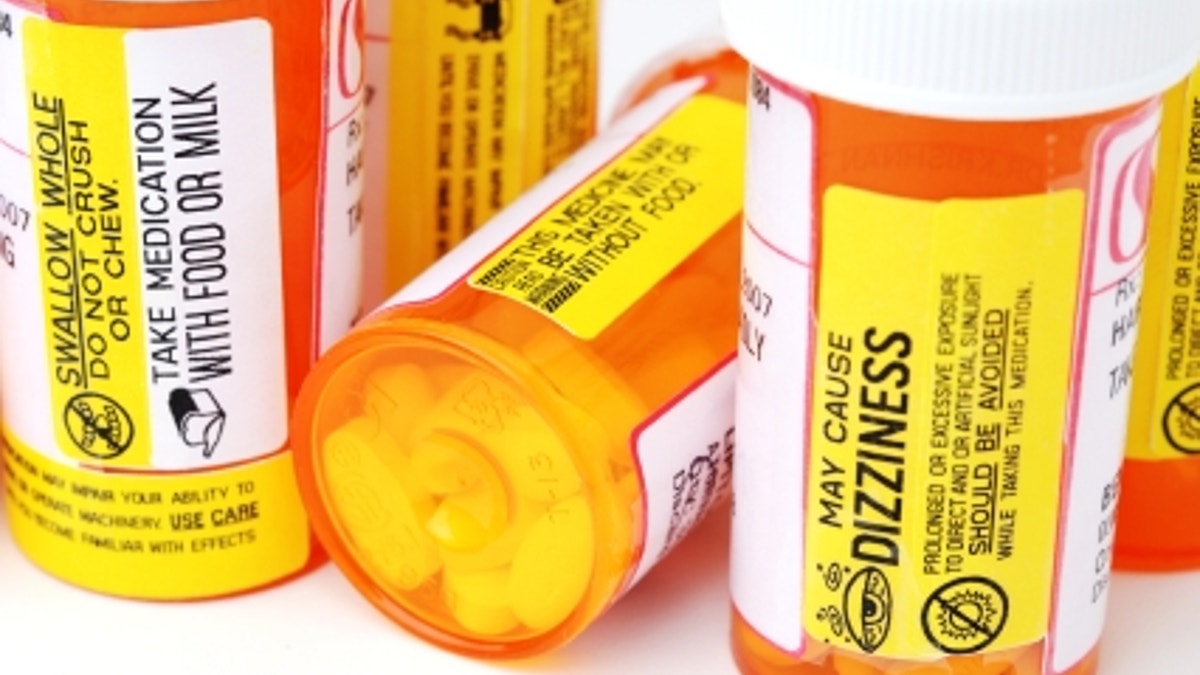
Pop quiz: What do the bright stickers on your prescription pill bottle say?
We thought so. You don’t read them, and neither do a lot of people. New research reveals that while more than half of women over age of 50 take prescription drugs, nearly a third don’t even glance at the warning labels.
Are Medication Side Effects Making You Sick?
“To see this behavior was really startling,” said Laura Bix, associate professor at Michigan State University, who led the research. “Ignoring [the labels] can lead to serious consequences.”
So what are the most drug common mistakes people make? We called in the experts to find out.
1. Taking too much: Do you sometimes forget if you’ve taken a dose and pop another just in case? “Just taking too many of a certain pill can cause issues,” says to Dr. David Bates, an expert on patient safety and a professor of medicine at Harvard University. Even overdosing on over-the-counter drugs like Tylenol can cause organ damage.
2. Washing it down with alcohol: You know better than to mix alcohol and painkillers—which can dangerously affect cognition—but even taking certain antibiotics with alcohol can cause headaches, nausea, and rapid heart rate.
Dangerous Drink And Drug Interactions
3. Taking too little: Ever skip a dose of your medication, telling yourself it doesn’t matter? Taking too little of your meds can reduce their effectiveness and may cause flare-ups of the condition they’re supposed to treat, says Craig Svensson, Dean of the College of Pharmacy at Purdue University.
Fortunately, the experts recommend following a few steps to reduce the likelihood that you will make a medication mistake.
• Make a schedule. Especially if you take more than one drug. “Think carefully about how you’re going to fit taking the medications into your daily routine,” Svensson says.
• Study the bold print. Read the labels thoroughly, Bix says. They contain the most important information you need.
What You Need To Know About OTC Drugs And Driving
• Keep a list for you and your doctor. Include all your prescriptions, OTC medications and supplements, Bates says. [See how—and why—to track your family history.]
• Know when to call. Dial your doc right away if you have trouble breathing, palpitations, or hives, Bates says.
